Dystopian science fiction has been popular of late, and it might be tempting to think that it’s a reflection of the modern age we live in, and therefore a new concept in the sci-fi world.
Tempting… but badly inaccurate.
Dystopian depictions of the far-flung future have been part of science fiction all the way back to its beginnings, and they’ve nearly always been part of contemporary science fiction as well.
If you were, for example, a science fiction fan in the early 1980s, you could have taken in the dystopian delights of Terry Nation’s classic dystopian space drama Blake’s 7 on your tiny family CRT to get your fix of just how bad things might be in the future. Terry Nation’s most famous for creating the Daleks – and he made the most money out of them by far – but Blake’s 7 is in my view his opus in terms of being a fully realised (albeit bleak) view of the future and why humanity creates so very many of its own problems.
Once the adventures of Avon, Vila and Blake concluded – and presuming nobody wanted to watch the cricket on that same TV — you could have continued journeying through a cold, dark unforgiving universe firing up Elite on your choice of 8-bit PC – or, much later on, the surprisingly good NES version.
While it’s been iterated on nearly endlessly since the early 1980s, the impact of Elite really can’t be overstated… which brings me neatly to Liberation.
I haven’t just been mentioning classic old science fiction for the sake of it here, because Liberation is very much Elite mixed with a just-enough-distinct-to-hopefully-not-draw-the-ire-of-the-copyright-lawyers wash of Blake’s 7, Doctor Who and plenty more besides. While Elite has been drawn upon in countless games since, I’d long given up hope that there might be a Blake’s 7 game.
Turns out it wasn’t just me who wanted such a thing, with Australian developer Luke Miller (in the guise of ClassyK Games) also pining after such a concept.
Enter Liberation, which isn’t licensed by the estate of Terry Nation, or any of the countless other pieces of classic sci-fi it borrows from. Still, it’s close enough to see where the IP edges have been carefully sanded off or satirised if you know what to look for.
The point here is that this is very much a game that draws more than a few nods and winks to classic British sci-fi particularly. If that’s your scene, you’ll probably find a reference to it in Liberation somewhere, from Judges declaring themselves The Law to a very surprising cameo from a gentleman robot who (for the purposes of cloaking copyright), I’ll simply call Ferrous Michael. If you know what I’m getting at there, you’ll know, and if not, it’ll wash right past you.
Liberation’s writing is in that classic, slightly satirical fashion that British science fiction has done rather well, tied into an Elite-style game that focuses on a quest to take down the galactic federation by taking on a variety of quests across an expansive universe built (impressively) using entirely open source tools. One of the big advantages there is that Liberation is entirely cross-platform; I’ve been testing and playing it equally as well on an M2 MacBook Air as I have a standard Windows 11 Desktop PC, and it should (though I’ve not tested this bit) work just as well if you’re a Linux gamer.
If you’re not familiar with Elite (where have you been?), it’s the classic space combat and trading simulator, but it’s towards the former aspect that Liberation leans a little more closely.
You could go a fair way in Elite without having to stress combat and instead indulge in your evil capitalistic side if you wished, buying cheap food in one star system and flying it to another famine-stricken one to sell it for serious credits. Here, you’re far more constrained on the trade side and more focused on flying to systems to achieve specific objectives, typically only after you’ve defeated a few Galactic Federation foes waiting for you after most hyperspace jumps. Which is great if you do like stripped back retro space combat, but I did find myself missing the trading aspect just a little while playing Liberation. Perhaps I’d do better as a Galfed NPC, now that I think of it.
Liberation also, rather unfortunately, does have it share of bugs, though they’re mostly minor – character dialog boxes staying on screen when combat has started, or the rather odd way the game only liked some of my Windows gamepads for example. That bug did rather stall me for a while when the game started up as I couldn’t work out how to get going, but in any case there’s something about an Elite-like game that just feels right on a keyboard. Maybe I’m showing my age there.
Liberation also has a suitably rousing score that mostly kicks in when combat ensues, which is to say most of the time, though I eventually turned it down simply because you do end up hearing the same pieces of music a lot while flying through the universe.
Does Liberation reinvent Elite in new and startling ways that will drive forward the space trading/combat genre?
No, not really. But not every game has to be some big new innovative masterwork either. Liberation is shamelessly retro; while Miller claims inspiration from original Elite the visuals evoke (at least in me) more of a feel of the way that Elite II: Frontier had me badly hooked in its Amiga 500 incarnation back in my university days. Sometimes, being fun is enough, and Liberation manages that well enough as long as you’re already a fan of stripped-back space warfare.
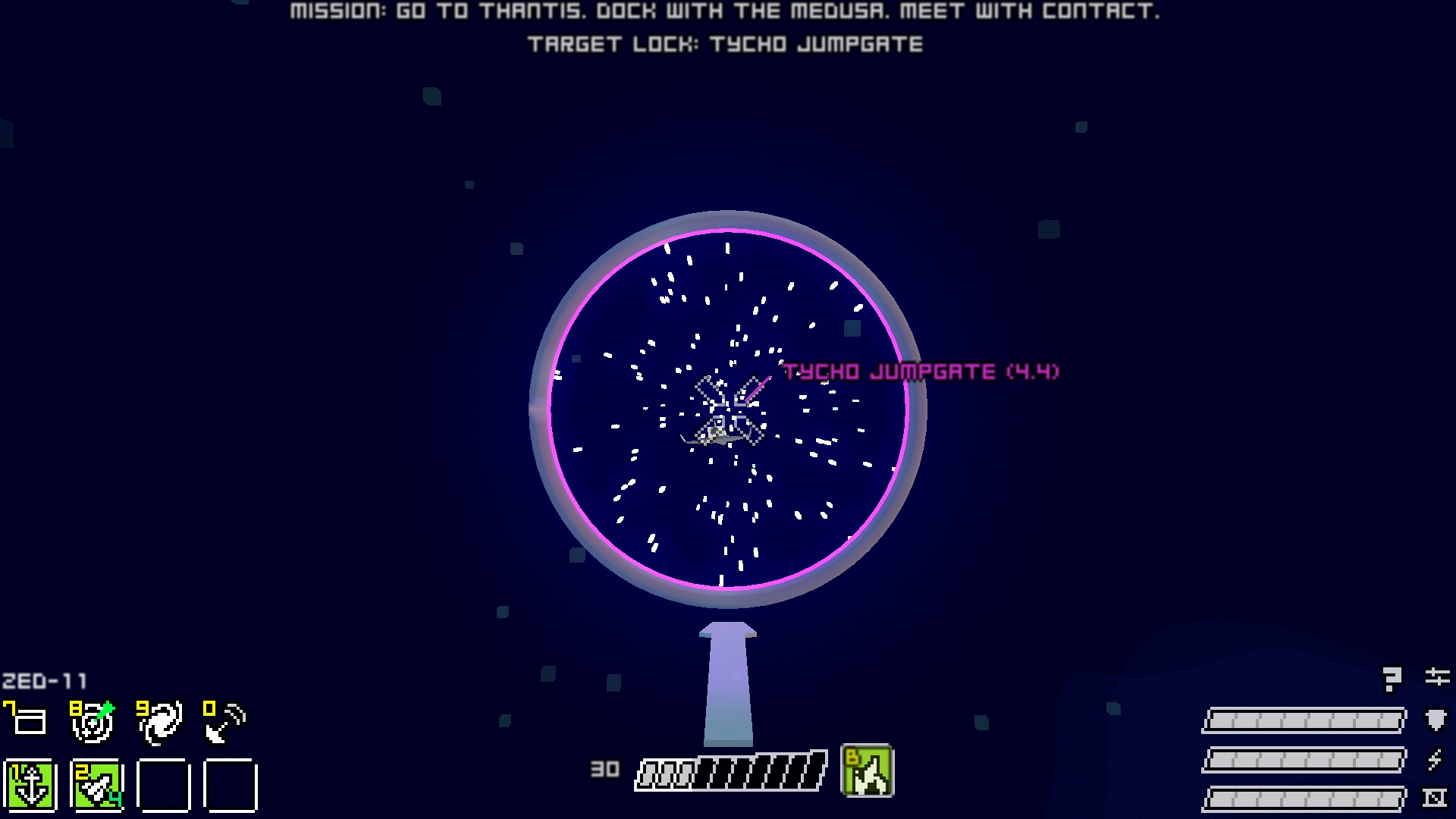

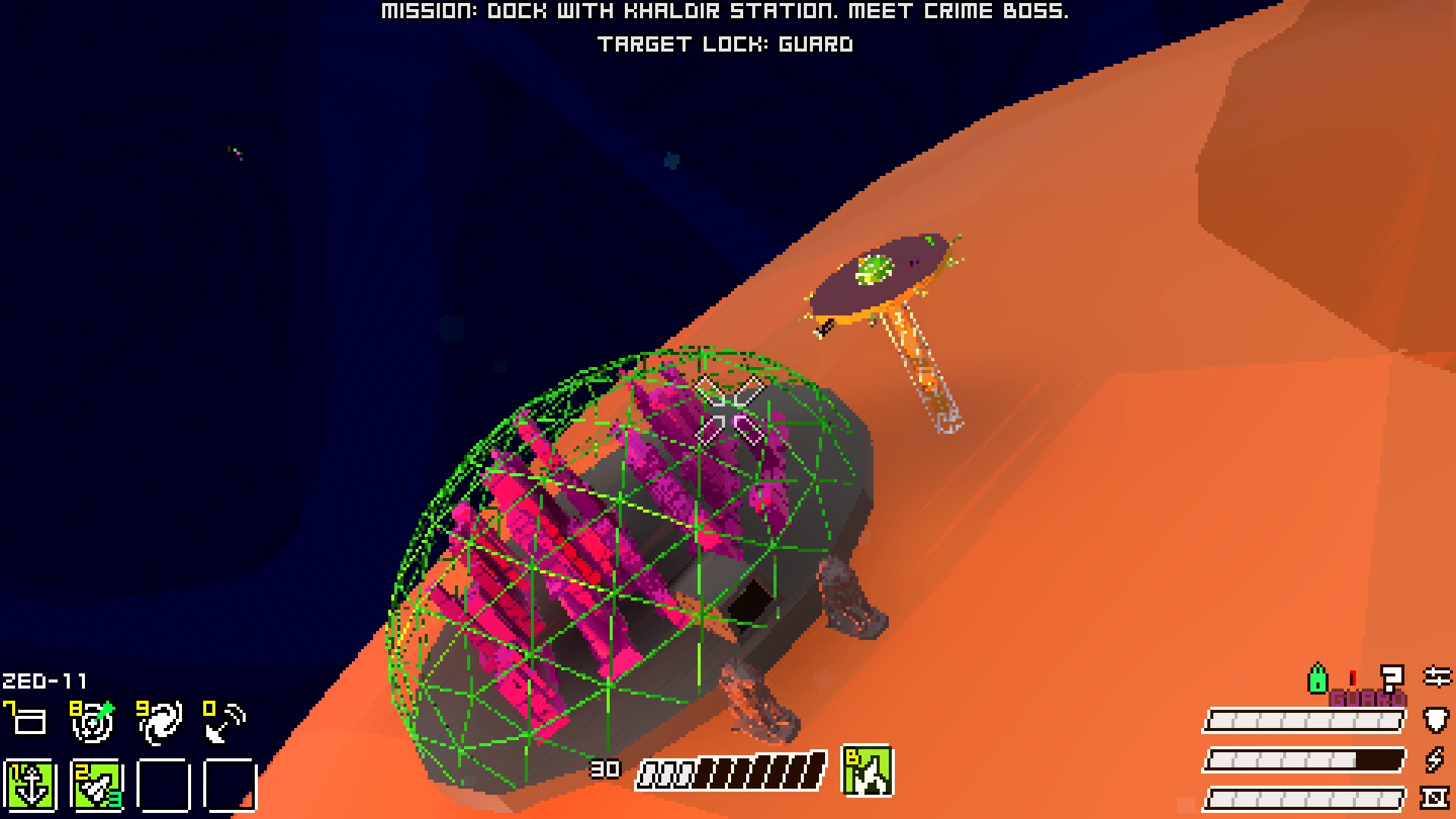
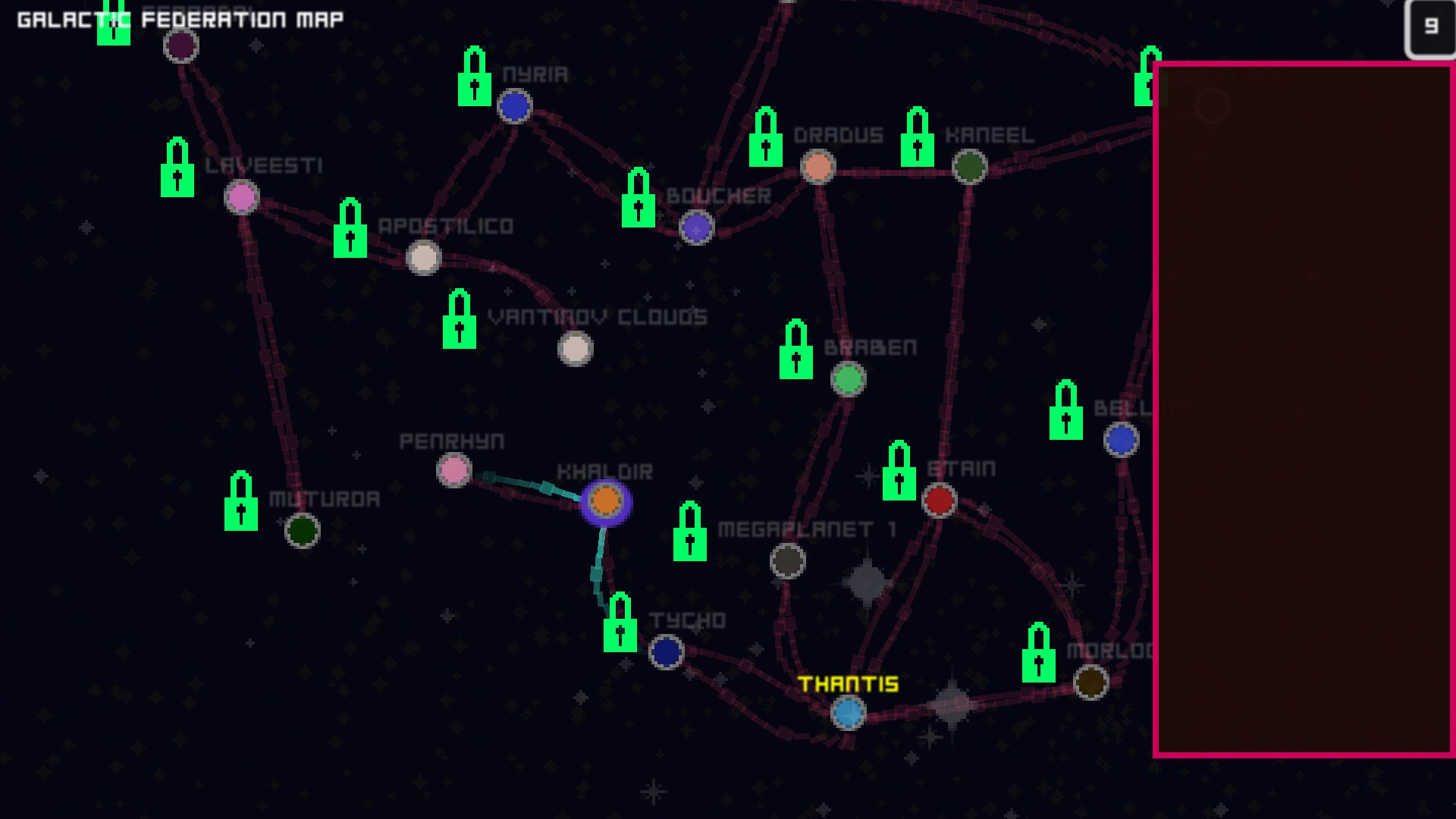
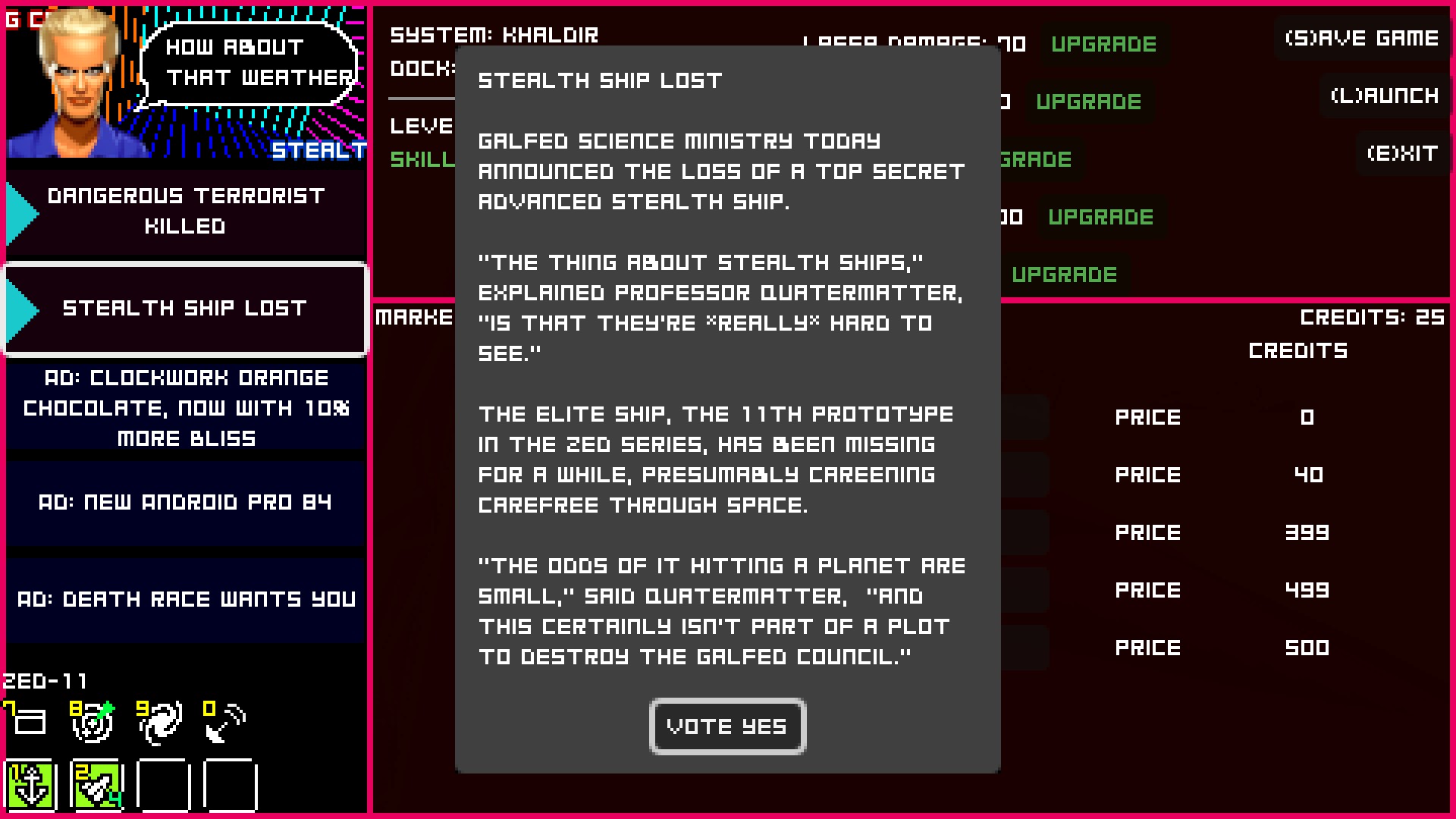

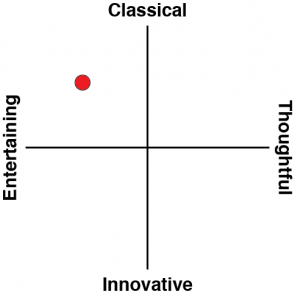
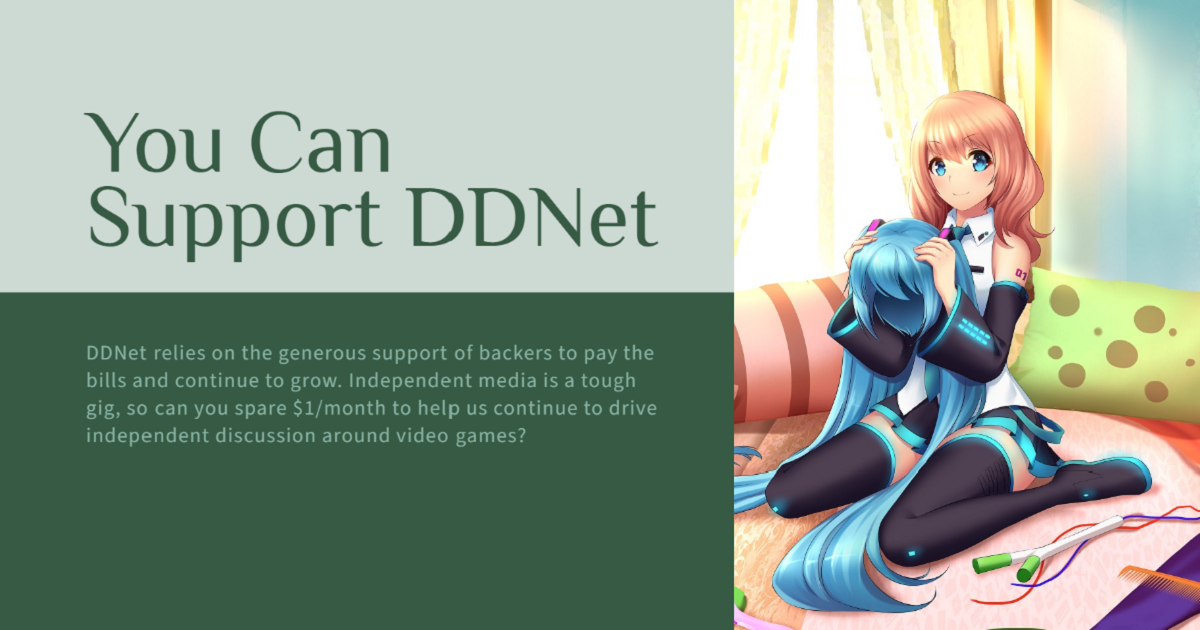
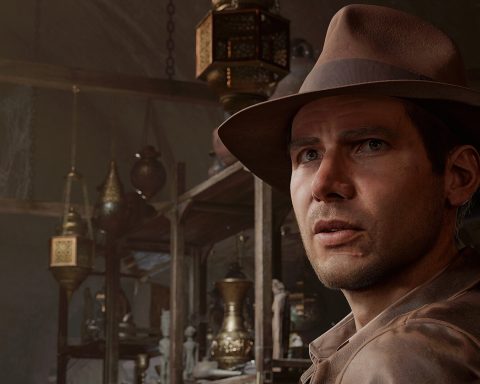

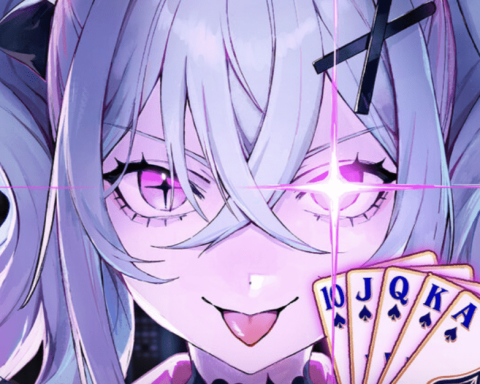
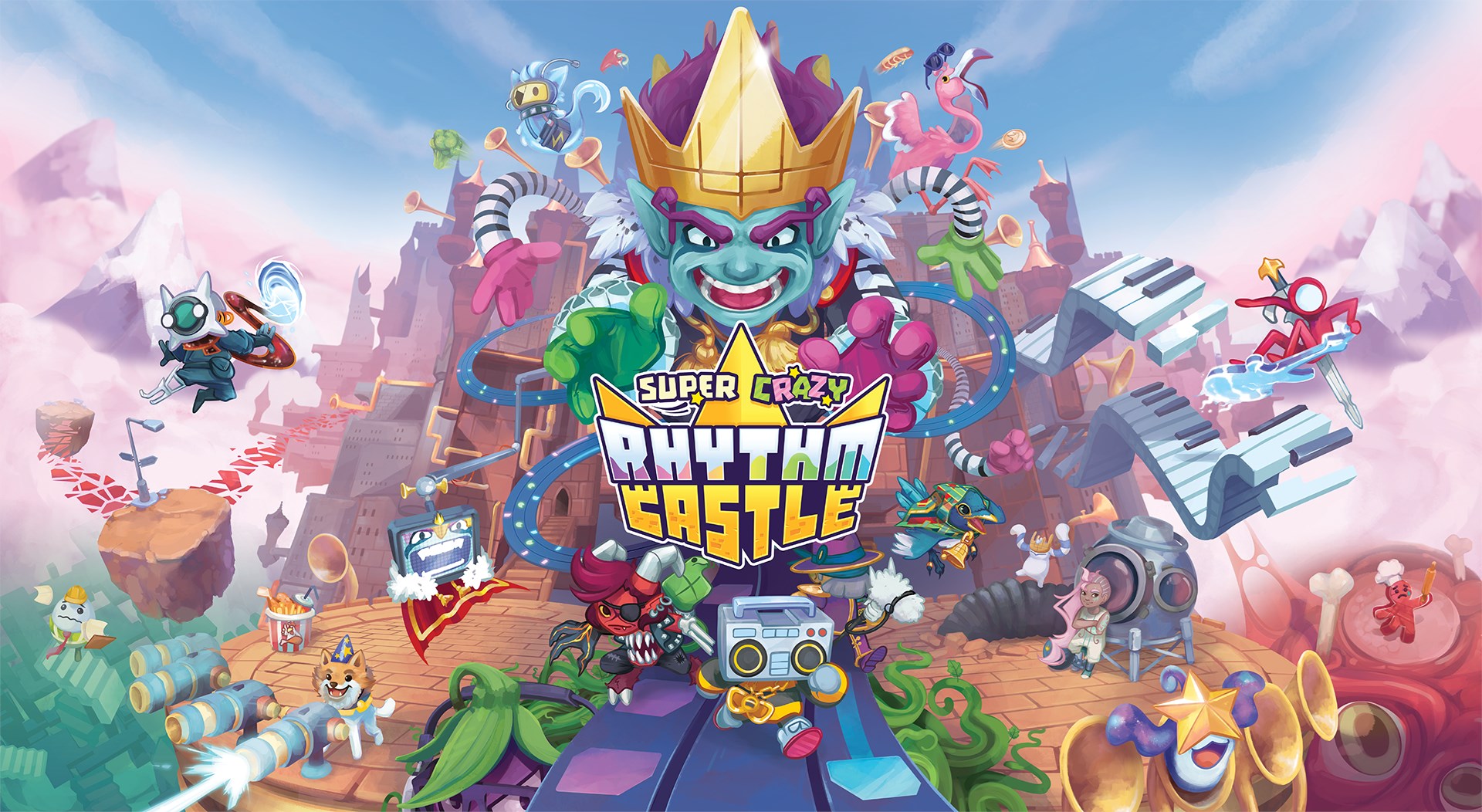
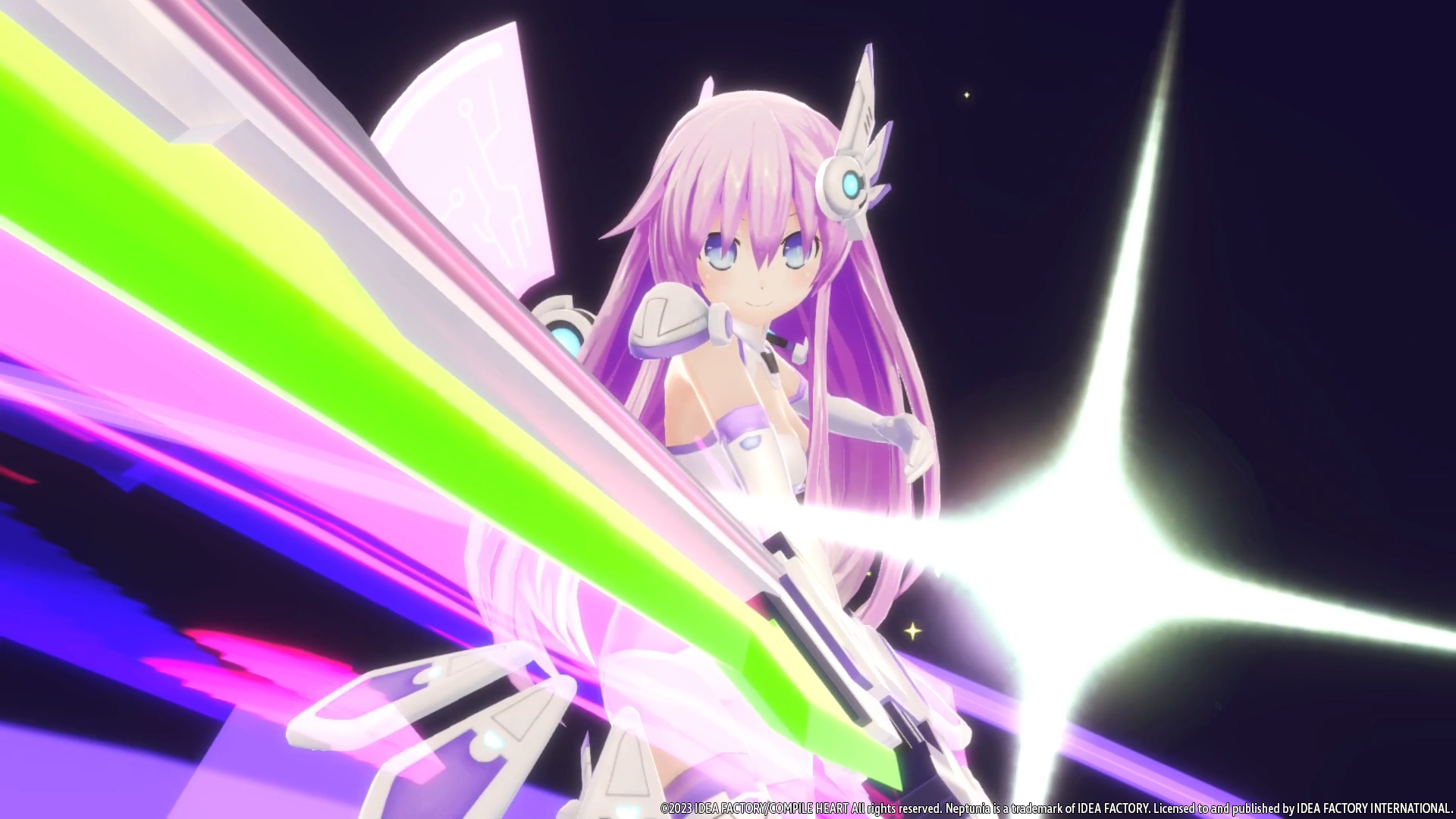
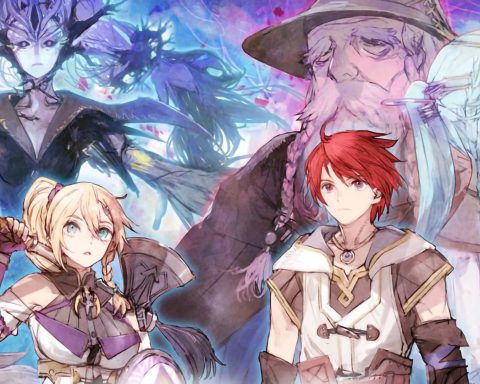
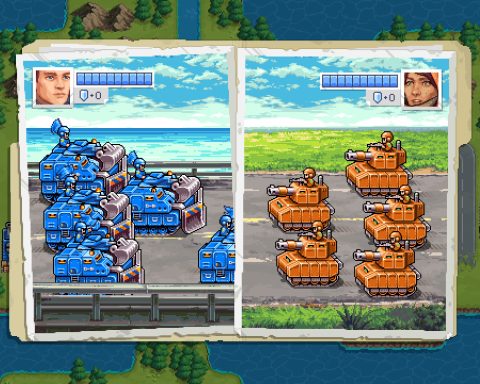
This looks fantastic! I love retro space sims (Origin’s Space Rogue is probably my favourite), and this looks like it captures both the look and feel rather nicely.